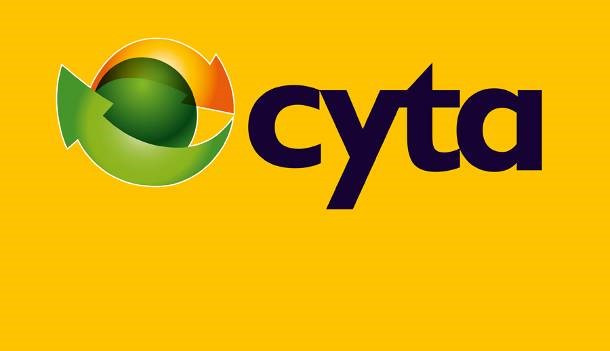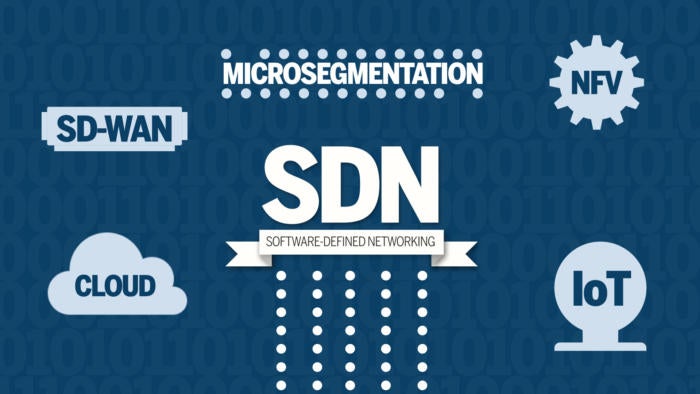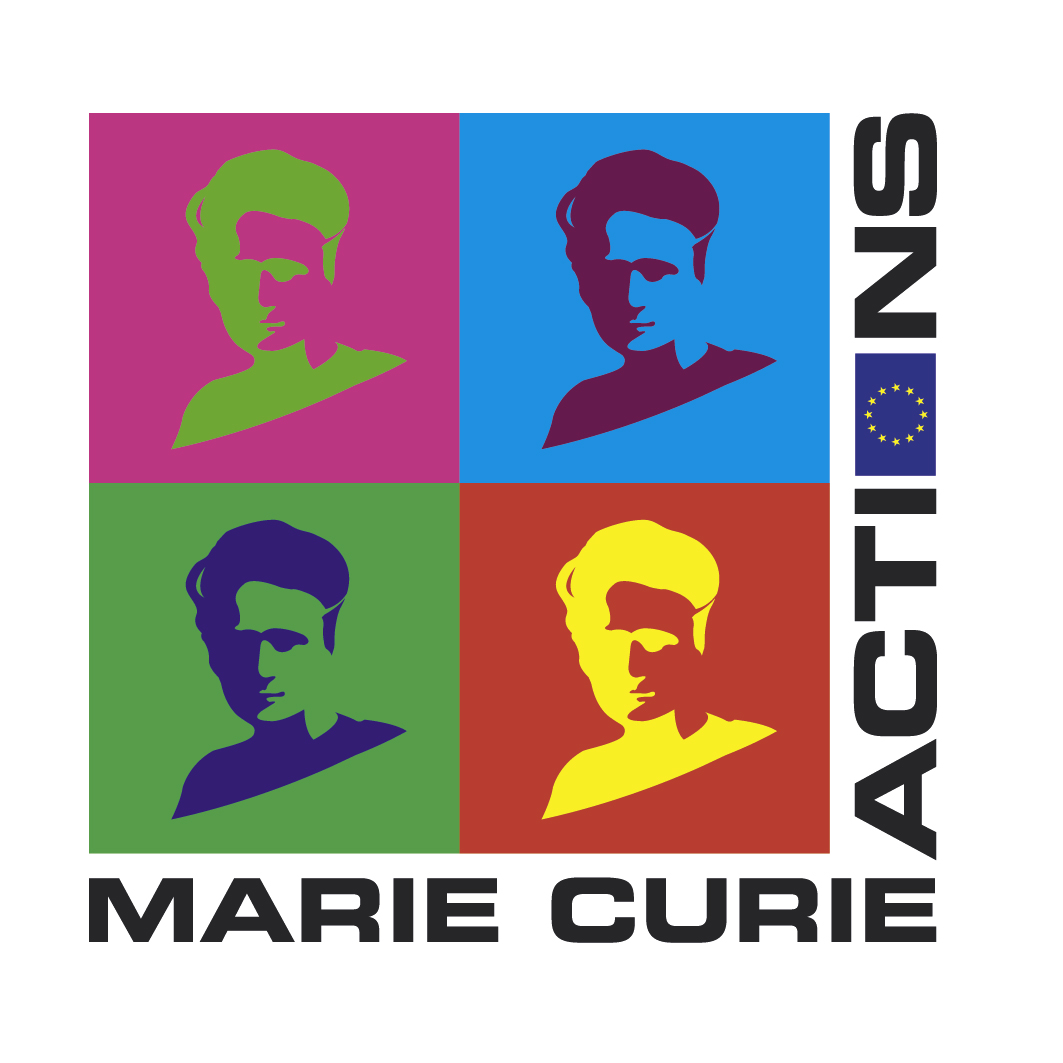WiVi-2020 is a 4-year Marie Skłodowska-Curie Initial Training Network – European Industrial Doctorate (MSCA-ITN-EID) project.
started on October 1st 2015
The WiVi-2020 project brings together an academic/industrial consortium with complementary skills and views to address three objectives, as defined by joint discussions, considering mainly the needs, interests and activities of the involved industrial partners of WiVi-2020:
- Take advantage of the coexistence of different radio technologies via flexibility on the usage of spectrum and traffic over multiple radio devices.
- Investigate architectures and planning for optimized indoor heterogeneous radio access of software defined networks that support services with different QoS requirements.
- Optimize resources scheduling and traffic flows for virtualized networks based on ADNs.
To address these, WiVi-2020 engages in a four-year research program centered on six industrial-oriented PhD projects, with each of the objectives above targeted by pair of Early-Stage Researchers (ESR) under inter-sectoral guidance and supervision.
The ESRs/doctoral candidates will enter the program with a period of intensive training (following the Principles of Innovative Doctoral in Europe) at Linkoping University and the University of Crete to acquire the fundamental tools required to conduct research on each of the respective topics. Half of the duration of the involvement of the academic-hired ESRs will be spent at the sites of Ericsson, in Sweden, and CYTA Hellas, in Greece.









